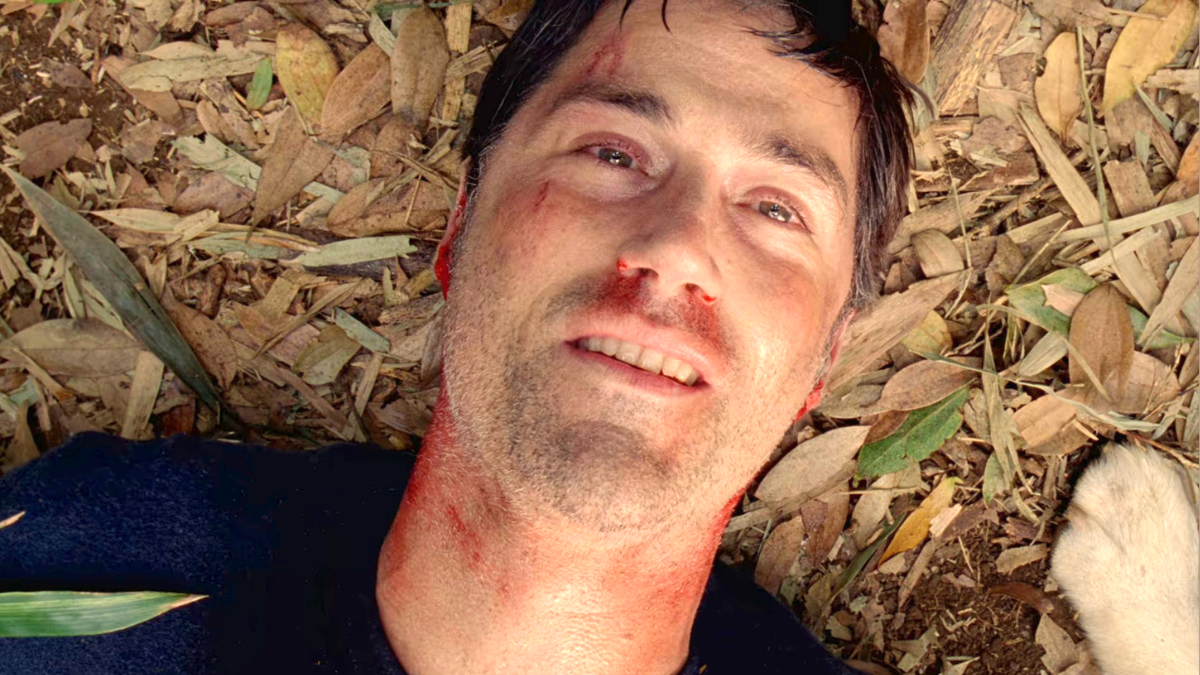Over a decade since we sent Lost into the Sweet Hereafter and the once-popular series hasn’t lived down one of its most common misconceptions: that the ending doesn’t make sense.
After 6 years, countless deaths, and a polar bear, the series finale revealed the true purpose of the island. The survivors meet Jacob (Mark Pellegrino) who tells him he is the island’s protector, stopping anyone who’d seek to misuse its magic and resources.
Essentially, the island functions as a way to stop evil from spreading over the world. A Candidate is chosen to protect the island and stop the Man in Black (Titus Welliver) — a stand-in for the evils of the world — from escaping. Of course, Jack (Matthew Fox) takes this mantle as penance for all of his past mistakes. He does this job for as long as he can before his death and passes it on to Hurley (Jorge Garcia). Whether fans found this satisfying or not is up for debate. But the real confusion stemmed from the last moments of the show.
The final season employed a new device called flashsideways, a strange alternate reality where the survivors of Oceanic Flight 815 lived lives the viewers knew were not true. Jack has a son with Juliet (Elizabeth Mitchell). Sawyer (Josh Holloway) is a cop instead of a confidence man. Even Ben Linus (Michael Emerson) has a different fate as a high school teacher where his adopted daughter, Alex (Tania Raymonde), is a student. These storylines converge to the final episode where they are all summoned to the same benefit concert. Each character experiences a canon event in this alternate reality and suddenly remembers everything that happened on the island.
What were the flashsideways on Lost?
The flashsideways weren’t an alternate reality at all but a strange afterlife where the survivors didn’t remember the events of the island. The final episode seemed to add fuel to the fire of the theory that the characters were dead the whole time. At the time of the series airing, many fans took the strange occurrences on the island to mean that it was some sort of purgatory and everyone had died in the plane crash. But that isn’t the case.
While the series finale unites all the survivors in their own personal heaven, this was a new concept implemented for the final season. All the events, loves, and lives lost on the island happened exactly as depicted. That was real life. But at the end of each character’s life and ultimate death, they all find each other in the afterlife to move on. Some character’s deaths happen sooner rather than later.
Both Boone (Ian Somerhalder) and Shannon (Maggie Grace) die on the island during the events of the series and are present in the afterlife timeline. Others, such as Kate (Evangeline Lilly), Claire (Emilie de Ravin), and Desmond (Henry Ian Cusick) escape the island and go on to live their lives. Presumably, they lived to old age and entered the afterlife in their inevitable deaths at the end of their lives.
This encapsulates what is the most important element of Lost and perhaps what frustrated some viewers the most. Many audience members who watched the show demanded answers. They wanted to know what the Numbers meant. They needed to understand why pregnant women died on the island. But this is not what Lost is all about. Lost was always about the connections these characters made with each other. And that is why the series could only ever end in one way.
The only catharsis the series could have was uniting all these characters at the end of time so they could be together. As Jack’s father states, the most important time of their lives was the time they spent together on the island. Those who wish for a different ending are almost purposefully missing the point. Jack’s death in the last episode leads him on a journey to find his friends in the great beyond. This isn’t a cop-out. This is what the series is all about. Life is about the connections we make and the people that matter the most to us. For viewers who value that type of storytelling, there could be no better ending to a massively surprising and moving television series.

